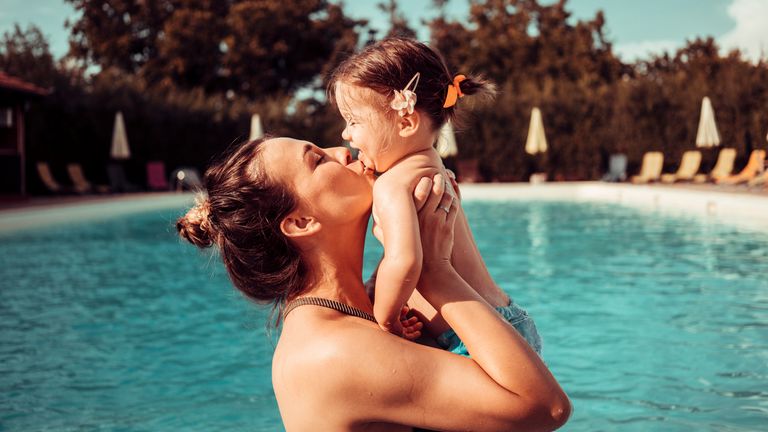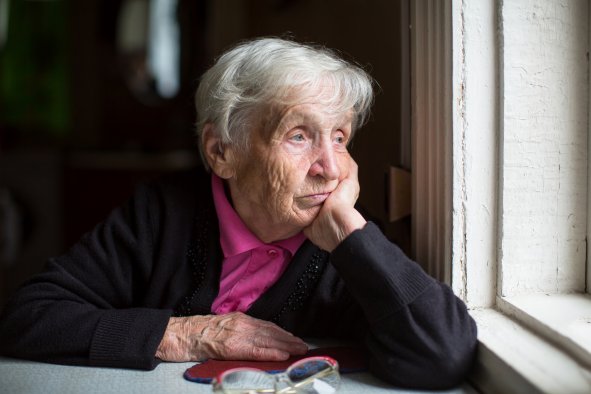Pregnant women have been advised to get vaccinated against whooping cough after nine young babies died as cases of the illness surged in England.
Whooping cough, which affects the lungs and breathing tubes and spreads very easily, according to the NHS, is responsible for the deaths of nine babies between November and the end of May.
In January, there were 555 confirmed cases but by May it was 2,591, the UK Health Security Agency (UKHSA) said.
From January to May there were 7,599 cases, while in the whole of last year, there were only 858, the UKHSA said.
The agency has also told parents to check their youngsters are up to date with all their immunisations.
Also known as pertussis, whooping cough is a bacterial infection affecting the lungs, causing bouts of coughing that are typically worse at night, with babies under three months at the greatest risk of contracting it.
Its name comes from a distinctive "whoop" noise sometimes made by young babies, who may also have difficulty breathing.
Pregnant women are offered the whooping cough vaccine in every pregnancy, ideally between 20 and 32 weeks, which offers 92% protection against babies dying from the disease.
All babies are given three doses of the six-in-one combined vaccine at eight, 12 and 16 weeks of age to protect against whooping cough and other serious diseases such as diphtheria.
From January to May this year, while most cases (53% or 4,057) were in people aged 15 or older who usually get a mild illness, some 262 were in babies under three months who are at greatest risk from infection, the UKHSA said.
Whooping cough is known to peak every three to five years, but the impact of the COVID-19 pandemic means there is reduced immunity to the disease in the population.
Other figures show declining numbers of women accepting the jab in pregnancy, with a little less than 60% having the vaccine in March.
Dr Mary Ramsay, director of immunisation at the UKHSA, said: "Vaccination is the best defence against whooping cough and it is vital that pregnant women and young infants receive their vaccines at the right time."
She said the jab "passes protection to their baby in the womb so that they are protected from birth in the first months of their life when they are most vulnerable and before they can receive their own vaccines."
Read more:
Manhunt after body parts found in suitcase on bridge
Friends of Bushey victims 'together in grief'
How stars celebrated England's semi-final win
Dr Ramsay added: "With cases continuing to rise and sadly nine infant deaths since the outbreak began last November, ensuring women are vaccinated appropriately in pregnancy has never been more important."
Kate Brintworth, chief midwifery officer for England, said women "can access the vaccine, which also protects against diphtheria and tetanus, through their GP or some antenatal services, and parents should also ensure that their children get protected in the first few months after birth as part of the routine NHS vaccine offer."
Disclaimer: The copyright of this article belongs to the original author. Reposting this article is solely for the purpose of information dissemination and does not constitute any investment advice. If there is any infringement, please contact us immediately. We will make corrections or deletions as necessary. Thank you.



